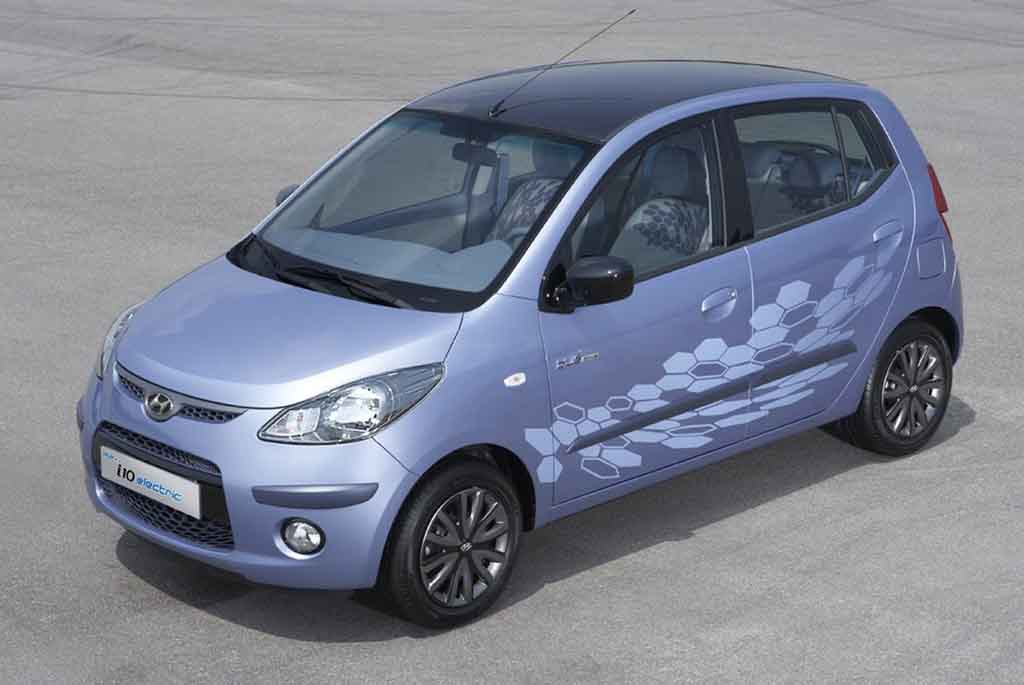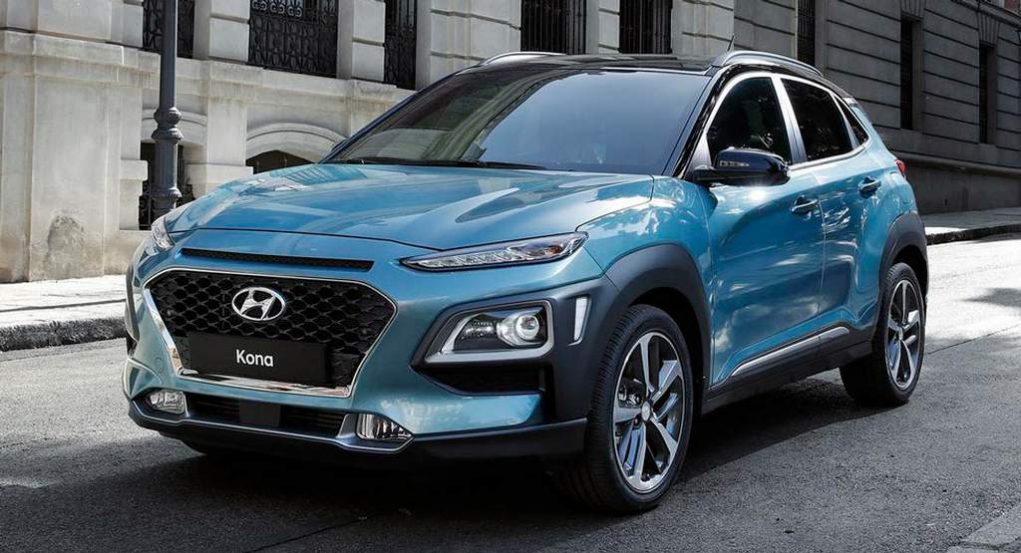
Hyundai could be the next brand to join the bandwagon of carmakers preparing to launch their EVs here
Hyundai is mulling the plan to launch electric powered Grand i10 and i20 in India. It is not surprising that the South Korean auto major is aiming to enter the EV market of domestic market. Several major car brands are preparing to launch their EV products here considering the huge business potential Indian market has.
Currently, Mahindra sells its electric vehicles like e2o Plus and e-Verito in the country. American EV maker Tesla is also gearing up to launch its Model 3 sedan here. Apart from that Nissan and Mercedes-Benz are the other brands that will launch EV products in the country in near future. It is clear that India is going to play a crucial role in world EV market.
Also read: 2018 Hyundai Kona Electric SUV Considered For India
Indian government has cleared its intention to introduce all-electric mobility across the country by 2030. Therefore, Hyundai has every reason to be interested to grab a good share in the domestic EV market. The Korean auto major is currently second largest automaker in domestic market, positioned right after Maruti Suzuki. With the Grand i10 EV and i20 EV, Hyundai will aim to increase its overall market share significantly. The company is also mulling the plan of launching electric version of Kona SUV in the country.
The carmaker believes electrifying small cars is easier and practical compared to the larger vehicles. It also says that the brand will attempt to electrify its number of vehicles by 2030 to comply with Indian government’s strategy. However, it also believes that electrifying entire portfolio will be very difficult.
Also read: Upcoming Hyundai Cars in India in 2017, 2018
Interestingly, Hyundai was pretty much interested in hybrid vehicles and it announced the launch of Ioniq here. But due to the high rate of tax, it has postponed the launch. Instead it is focusing on electric vehicles. The electric vehicles are charged with 12% of GST, while the hybrid vehicles are slapped with 15% of cess over and above the 28% GST leading the total tax incidence to 43% that makes the hybrid vehicle pretty much expensive.
Source: TOI

